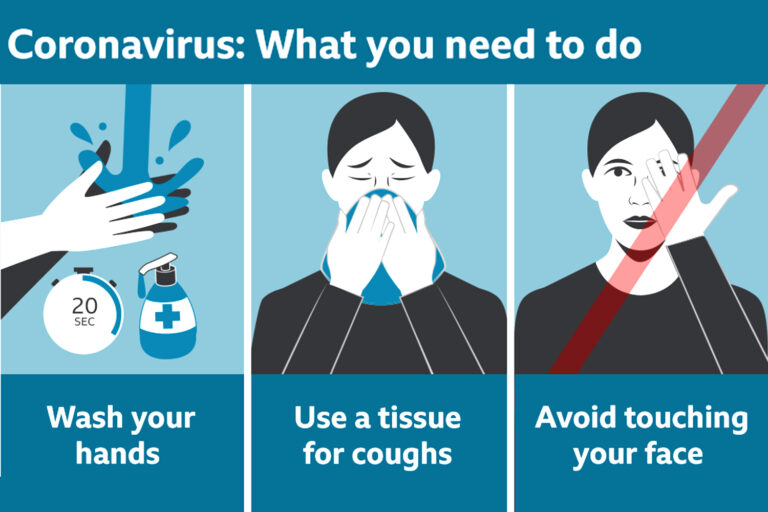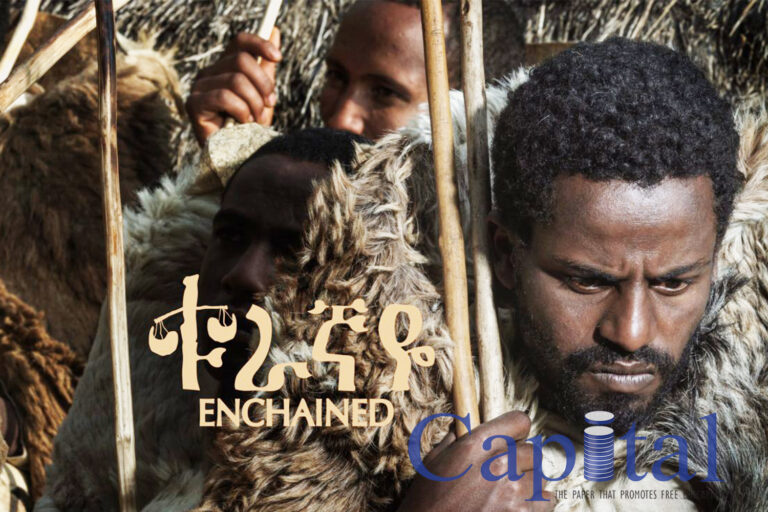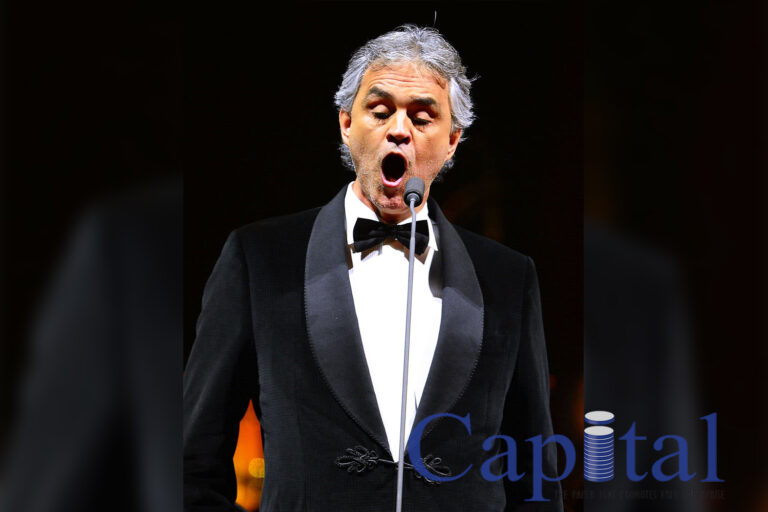“Our global priority is to save lives. We must support & protect the most vulnerable.” President Sahle-Work Zewde
In this continued time of the unknown and even fear, the Organization of African First Ladies (OAFLAD) adds their voice to the list of those trying to comfort and educate the continent. Established in 2002 and based on the notion that Africa’s first Ladies are the Mothers of the Nation(s), OAFLAD advocates for expanded health policies including access to services and enhanced health related laws that empower women and youth. In addition to raising funds and awareness for other devastating medical matches from malaria to AIDS, OAFLAD has also turned their attention to COVID19. They are educating the public on the harmonized ‘prevention is better than cure campaign’ being promoted in all 55 African countries and worldwide for that matter. From OAFLAD, our own Ethiopian First Lady Zinash Tayachew was trending this week with her contribution to the cause. Prime Minister Abiy Ahmed’s wife released a gospel song in an effort to lift Ethiopian spirits as she lifted her voice to the Most High, pleading for intervention, as we often do in Ethiopia in perilous times. While in West Africa, Sylvia Bongo Ondimba, the Gabonese First Lady, via social media, shares images of COVID-19 themed murals with a collective of artists from the University of Dakar. Entitled “Art At The Service Of All” the carefully curated images illustrate “correct coughing in flexed elbows, coughing into a tissue and properly disposing it off and washing of hands with soap.” In the south, First Lady of Botswana Neo Jane Masisi accepted the #safehands challenge started by WHO General Director, Dr. Tedros Gebreyesus when first launched weeks ago. She was steadfast in joining the effort to promote washing of hands with soap as a proven prevention against the virus.
Speaking of Dr. Tedros, initially endorsed for the top post at WHO in 2016 by former African Union Chairperson Nksozana Dlamini Zuma M.D., he raised his voice in a Goliath verses Sampson manner this week, unleashing a thunderous roll of support and solidarity. The verbal exchange started when a couple of European scientists said publicly “testing ground for the new vaccines (for COVID19) will be Africa”. The good Dr. fired back at the French researchers, much unlike his mild mannered soft-spoken style, for those of who know him even in the slightest. “Africa can not and will not be a testing ground for any vaccine. We will follow all the rules to test any vaccine or therapeutics all over the world using exactly the same rule, whether it’s in Europe, Africa or wherever. The hangover from a colonial mentality has to stop. WHO will not allow this to happen,” said the WHO Head Honcho. And as if one giant wasn’t enough, a couple days later Donald J Trump, President of the United States of America, tackled the tireless champion for world health, blaming and shaming him and WHO for the pandemic. Endeh! Again Dr. T didn’t back down, defending WHO in a world televised press conference from Geneva. The world watched for about 24 hours for the other shoe to drop, as the medial doctor turned diplomat took on the “most powerful leader in the world.” Well wait no more. Our Ethiopian President Sahle-Work Zewde tweeted: “Our global priority is to save lives. WHO under Dr Tedros’ effective leadership, are delivering on their mandate at a time we need them most. Let’s give them the space. COVID-19 is killing many. We must support & protect the most vulnerable. Now is not the time for blame game.” South African president Cyril Ramaphosa also President of the African Union; Paul Kagame, President of Rwanda; Hage Geingob President of Namibia and even AU Chairperson, Moussa Faki Mahamat amongst others African leaders all expressed solidarity and unwavering support for Dr. Tedros as he leads the fight against the deadliest infectious disease of the 21st century.
As we all wage war on this novel scourge, I close with a message from one of the most beloved first ladies of sort, Empress Menen Asfaw, wife of Emperor Haile Sealssie I. Her Majesty’s few words were delivered during wartime to the Women’s World Association, however quite appropriate today as we are at war with now an unseen life taking enemy. “I am pleased to present my speech to all world women. Even though world women are living in different countries with different climates, all women are interrelated with the same will and objectives. War is the distress and trouble of mankind. Although world women are in different countries with different races and religions, the act of war has victimized… . War is a destruction of the family and all living creatures, so as women we are against war.” Let us all be for life and do our part to win the war against this pandemic.
Dr. Desta Meghoo is a Jamaican born
Creative Consultant, Curator and cultural promoter based in Ethiopia since 2005. She also serves as Liaison to the AU for the Ghana based, Diaspora African Forum.







